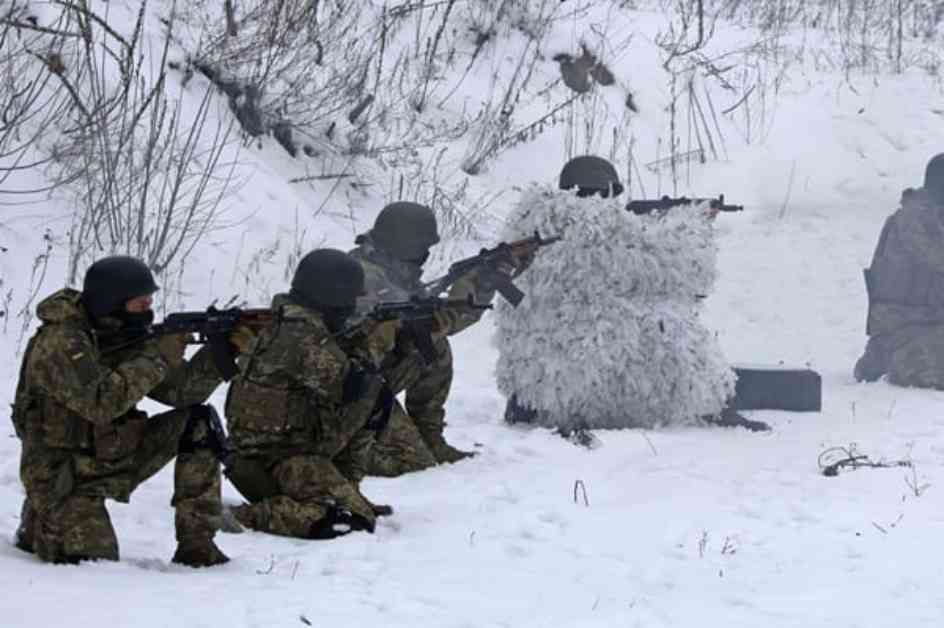Lithuania’s President, Gitanas Nauseda, recently announced that the country is prepared to deploy troops to Ukraine as part of a post-ceasefire mission. This development comes as a European peacekeeping force enters its operational phase, with military planners determining the roles different countries could play within Ukraine. Nauseda emphasized the importance of a collective commitment from all coalition countries to provide support, stating, “My country is ready to provide the necessary support.”
In a conversation with Bloomberg Television, Nauseda commended U.S. President Donald Trump’s efforts to end Russia’s war in Ukraine, noting Putin’s desire for a limited ceasefire. Despite Russia’s discussions of peace and potential ceasefires, Nauseda expressed skepticism, stating, “So far, Russia is imitating negotiations, talking about a possible peace and possible ceasefire, but they are not even ready to keep the ceasefire as promised.”
Meanwhile, Ukrainian President Volodymyr Zelensky announced plans to convene a “Coalition of the Willing” summit to discuss security guarantees for Ukraine post-war. During a joint press conference with Czech President Petr Pavel, Zelensky highlighted the importance of preventing further Russian aggression, stating, “We will talk about the strategy of security guarantees for Ukraine after the end of the war.”
International Support and Strategy Discussion
The upcoming summit aims to address the support needed for the Ukrainian army and strategize on the distribution of troops among willing countries. Zelensky emphasized the need for a united front against potential Russian occupation, stating, “We can call it the ‘Coalition of the Willing.’ Indeed, we will talk about the strategy of security guarantees for Ukraine after the end of the war.”
The discussions at the summit will focus on identifying countries willing to contribute troops and support to Ukraine, as well as addressing any concerns or reservations. Zelensky emphasized the diversity of objectives among participating countries, acknowledging that each nation may have different reasons for their level of commitment. The summit aims to bring together high-level representatives to establish specific plans and commitments moving forward.
Implications and Future Outlook
The willingness of Lithuania and other countries to deploy troops to Ukraine signals a unified effort to support the nation in the aftermath of the conflict. As the “Coalition of the Willing” summit approaches, leaders will have the opportunity to solidify strategies for security guarantees and troop deployment, ensuring a coordinated response to potential threats.
The success of these efforts will depend on the collective commitment and cooperation of participating countries, as well as the ongoing support from international partners. The outcome of the summit will shape the future security landscape of Ukraine and demonstrate the global community’s dedication to upholding peace and stability in the region.
In conclusion, the readiness of Lithuania and other nations to deploy troops to Ukraine reflects a shared commitment to supporting the country in its post-ceasefire mission. The upcoming summit presents an opportunity for leaders to strategize on security guarantees and troop deployment, laying the groundwork for a unified and coordinated response to potential threats. The outcome of these discussions will have far-reaching implications for the future security and stability of Ukraine, highlighting the importance of international cooperation in times of crisis.












